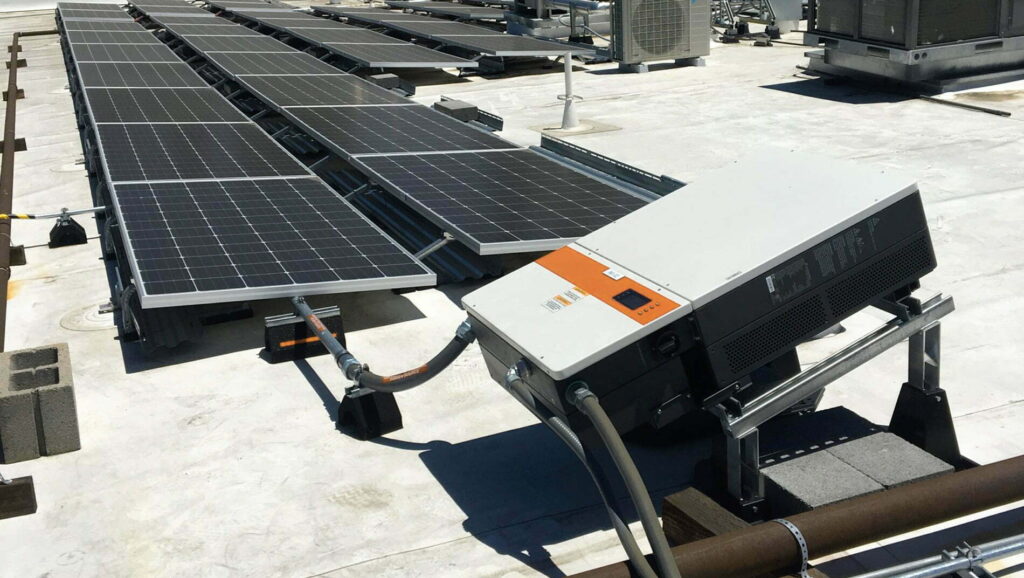Choosing the right inverter for a solar panel system is crucial to ensure optimal performance and efficiency. Here are some factors to consider when selecting an inverter.
System Size
The size of the inverter should match the size of your solar panel system. The inverter’s capacity (rated in watts or kilowatts) should be able to handle the maximum DC power output of your solar panels. It is recommended to oversize the inverter slightly (by about 10-20%) to allow for potential system expansions in the future.
Type of Solar Panels
Different inverters are compatible with different types of solar panels. Ensure that the inverter you choose is suitable for the specific type and configuration of your solar panels (e.g., monocrystalline, polycrystalline, thin-film).
String or Micro Inverter
Decide between a string inverter or micro inverter based on your system’s requirements. If your panels experience shading or have different orientations, micro inverters or power optimizers with a central inverter may be more suitable for optimizing each panel’s output. For simple installations with no shading concerns, a string inverter can be cost-effective.
Efficiency
Look for inverters with high efficiency ratings. Efficient inverters will convert more DC power into usable AC power, reducing energy losses and maximizing the overall system performance.
Monitoring and Communication
Consider inverters that offer advanced monitoring capabilities. Some inverters come with built-in monitoring systems, allowing you to track the system’s performance and troubleshoot issues remotely. Communication features like Wi-Fi or Ethernet connectivity are valuable for data logging and system analysis.
Grid Requirements
Depending on where you live and your utility’s regulations, there might be specific requirements for grid-tied inverters. Ensure the selected inverter complies with local grid interconnection standards.
Budget
Consider your budget constraints when choosing an inverter. While high-quality inverters might come with a higher upfront cost, they can lead to better long-term returns on your solar investment due to improved efficiency and reliability.
Consult with a Professional
If you are unsure about the right inverter for your solar panel system, consult with a professional solar installer or a solar energy expert. They can assess your specific needs, system design, and local regulations to recommend the most suitable inverter for your solar setup.
By carefully considering these factors, you can make an informed decision and choose the most appropriate inverter for your solar panel system, ensuring optimal energy production and long-term reliability.


